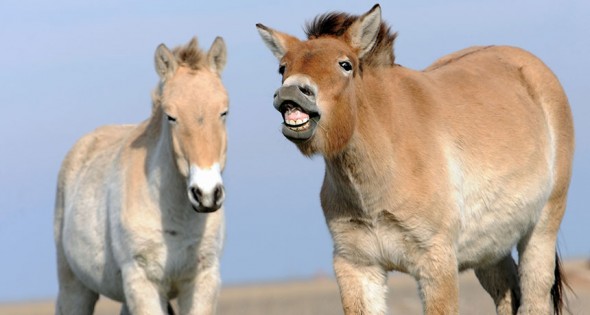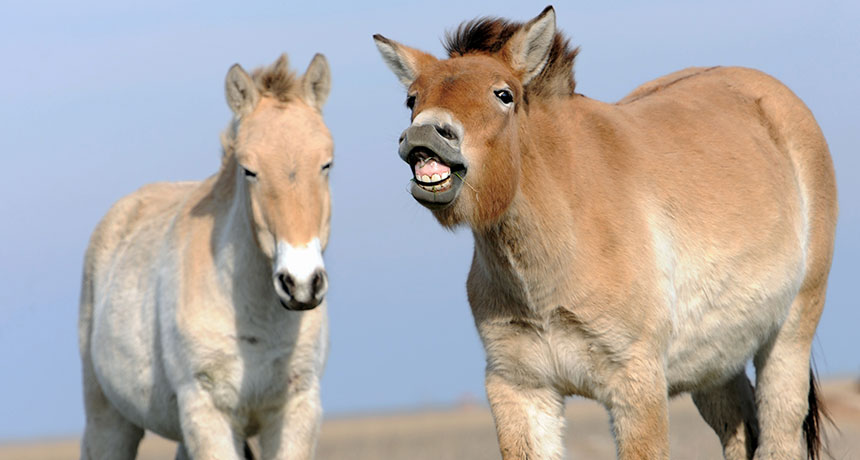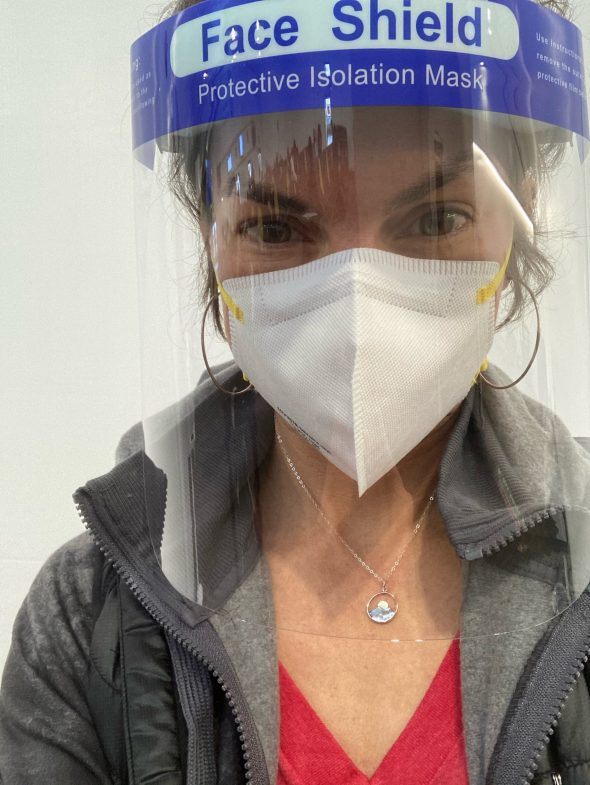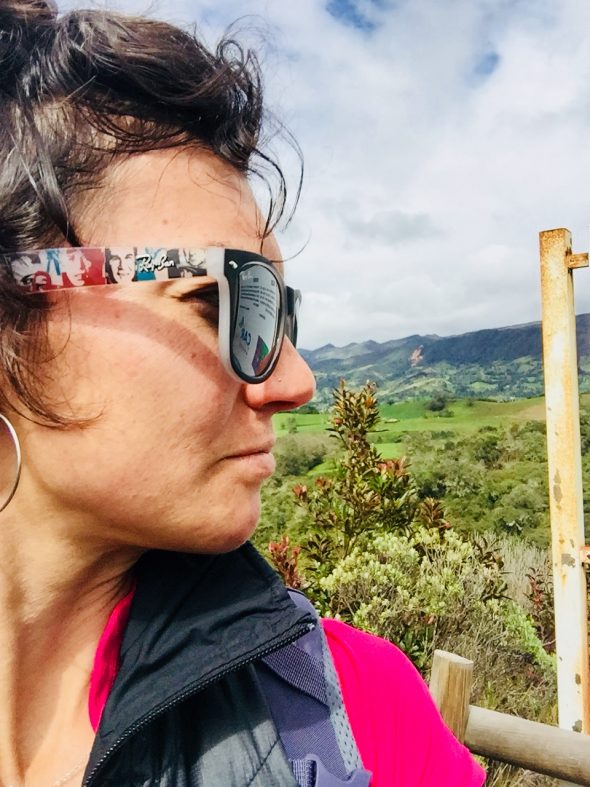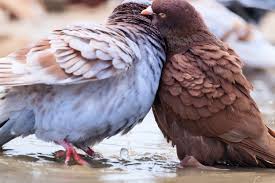I teach a variety of levels of English to my business-professional students. Most of them are high-level speakers already, but I have a couple who are closer to a beginner. I have a lot of respect for each of them because they are busy juggling work and life and learning a second language. Language mastery is quite difficult, especially as an adult, and takes a lot of time.
One also spends a good deal of time feeling stupid. It’s true and I speak from experience. If you’ve been reading my blogs, you know I speak Spanish at a “high beginner/low-intermediate” level (it’s hard to say and I haven’t taken a test recently). No one likes feeling stupid, and as an adult this can be a real stumbling block to attempting to learn a second language and maintaining the dedication it takes to actually get good at it.
For me, even after some time of study and practical use – all around the city, every day – my confidence has improved by leaps and bounds but there are times I just totally forget a word or how to say a phrase that I have already learned and thought I had cemented into my 37-year-old brain. It’s maddening. It feels like being locked in a cage with the dictionary of all needed-words just outside the cage and my arm is 2 centimeters too short to reach it. There is so much I want to say and I can say it in my native language but I can’t make myself understood right now, arggggh! And other times, full paragraphs in Spanish flow out of my brain into mouth into the air and I go, “wow, I am doing this!”
Today’s experience was not that, and I want to share with you so you can laugh at me as I laughed at myself, and am still giggling now as I write.
I had class with one of my high-beginner students, Jairo, this afternoon. He’s a great student but sometimes gives me this intense look of confusion when something doesn’t make sense to him. Then I know I have to back up and re-explain or use different words. When you teach English, you are not supposed to use the student’s native language much or at all, if possible. There are probably some different schools of thought on this, but mostly I have heard and been taught to almost exclusively use English in class. But sometimes when I am with a more beginner student, and they are giving me a look like dear Jairo does sometimes, I go ahead and give them the Spanish translation so that they can grasp on to something & actually comprehend a new vocabulary word or phrase, and then we can move forward. Turn me into the ESL police if you want.
So, today. A simple dialog practice using the Present Perfect form: have + past participle (you love this, any of you English geeks!). I asked him: “Jairo, what have you eaten for breakfast this morning?” “I have eaten two eggs and bread”. Very good. “How long have you worked at your job?” “I have worked here for 10 years”, he responded correctly. Great. Next question: “How long have you had your beard? And he looked at me. Beard. I said. “How long HAVE you HAD your beard?” And I stroked my chin, where a beard obviously would be if I had hair on my face. He gave me the inquisitive look. I stroked my face with both hands and repeated: “beard“. Still, no. Ok, I will describe what a beard is in other English words: “It’s the hair on your face”. Still, the inquisitive look. (PS, I am not making fun of Jairo at all. This is simply what happened and I myself get the confused feeling all the time during my own Spanish lessons and practice).
So, now I’m going to use one word in Spanish. I’m just going to translate beard into the Spanish word so he gets it, learns the word, and we can move on with our Present Perfect dialog practice. But right in this moment, I can’t remember the word for beard in Spanish. Even though I know it. Here I am in my Language Cage, stretching my arms out for the Spanish dictionary that is just out of reach…arrgggh.
Ok, I know my way around this dilemma; I’ve been in it before and I tell my students to use this technique too: when you get stuck on a word, instead of giving up or getting really frustrated, try to use as many other words that you do know in order to describe it. So I’m gonna use a few Spanish words to describe “beard” for Jairo. I decide to say “the hair that’s on your face” because I know all those Spanish words. The word for hair in Spanish can be “pelo” and also “cabello” which is the more common word here in Colombia.
However, the word “cabello” is very close to “caballo” which means “horse”. So, yes. I said to Jairo in my best Teacher Voice that a “beard” is when there’s a horse on your face.
He looked at me.
“Well”, I said in Spanish, not yet realizing my mistake, “What is that on your face? It’s a horse”. He looked at me incredulously. His endearing inquisitive look (when he’s confused about an English word or phrase) had changed into a look of- pardon me- “WTF??”
“How long have you had that horse on your face?”, I repeated (in Spanish, remember!)
Finally he said, “…..cabello??”
Ahhh. Sí. Sí, Jairo. El cabello en tu cara (the hair on your face). Ah, ok, he said to me with a smile. “Barba“. (Beard).
Ah, ok, Jairo. Barba. The hair that’s on your face is a beard.
…Now, what were we practicing?
Maybe I’m fired. But my abs hurt from laughing about it!
